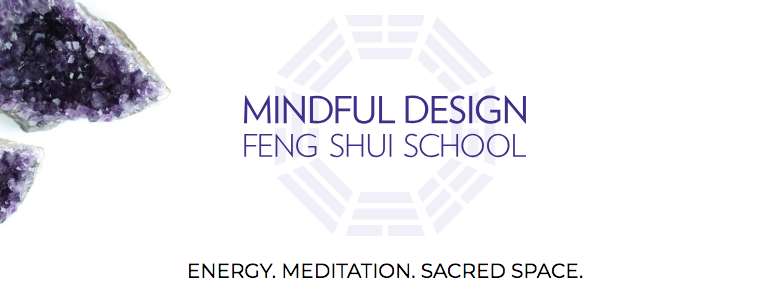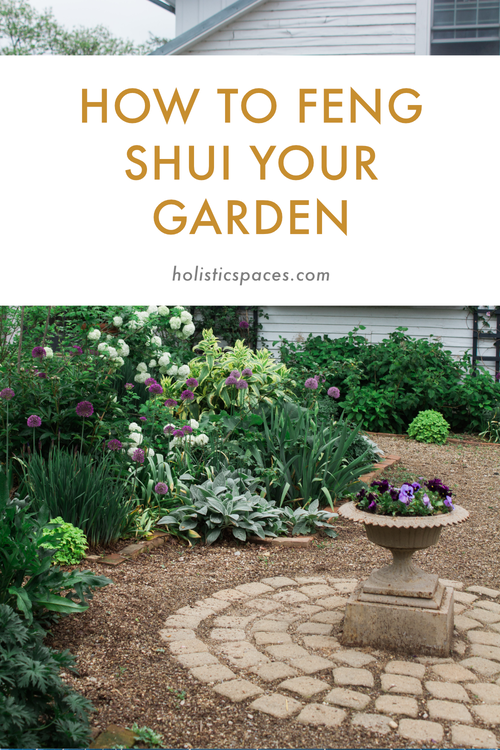Photo by Storiés on Unsplash
I’m new to feng shui. Where should I start?
One of the most important areas to look at for your feng shui, especially for beginners, is your front door. We call the front door or the formal front entry the “mouth of qi,” and this is where energy comes into your space. It’s like a portal or gateway to receive any kind of qi or life force energy. Ideally, you want it to be able to come in through your front door and properly circulate through your home. This allows you to be more in balance, and to invite in positive energy from the outside world and the natural world.
When it comes to your front door, there are a few really simple things you can do. First, make sure your entry is clean and inviting. You should also be able to open the door fully, so remove anything behind the door that is getting in the way, like trash cans or hanging coats. It’s also a good idea to make sure your entry is bright and well-lit, so if you need to, add a light fixture or a new lightbulb.
I would also suggest you take some time to put some care and attention into this area of your home. You can do this by sweeping and removing any debris. It’s also helpful to clean the door itself.
One other thing I see often is that when people are decluttering, they tend to accumulate the things they want to get rid of near the front door. That’s ok as long as it’s temporary, but make sure to move the things out of your home soon. If you have a blocked front door, that means that the energy also has a difficult time coming into your space and your life. You may not be allowing opportunities to come to you.
I hope you are able to spend some time this week cleaning up your front door, and inviting in positive qi!
If you’d like to learn more about feng shui, check out Mindful Design Feng Shui School at: www.mindfuldesignschool.com







